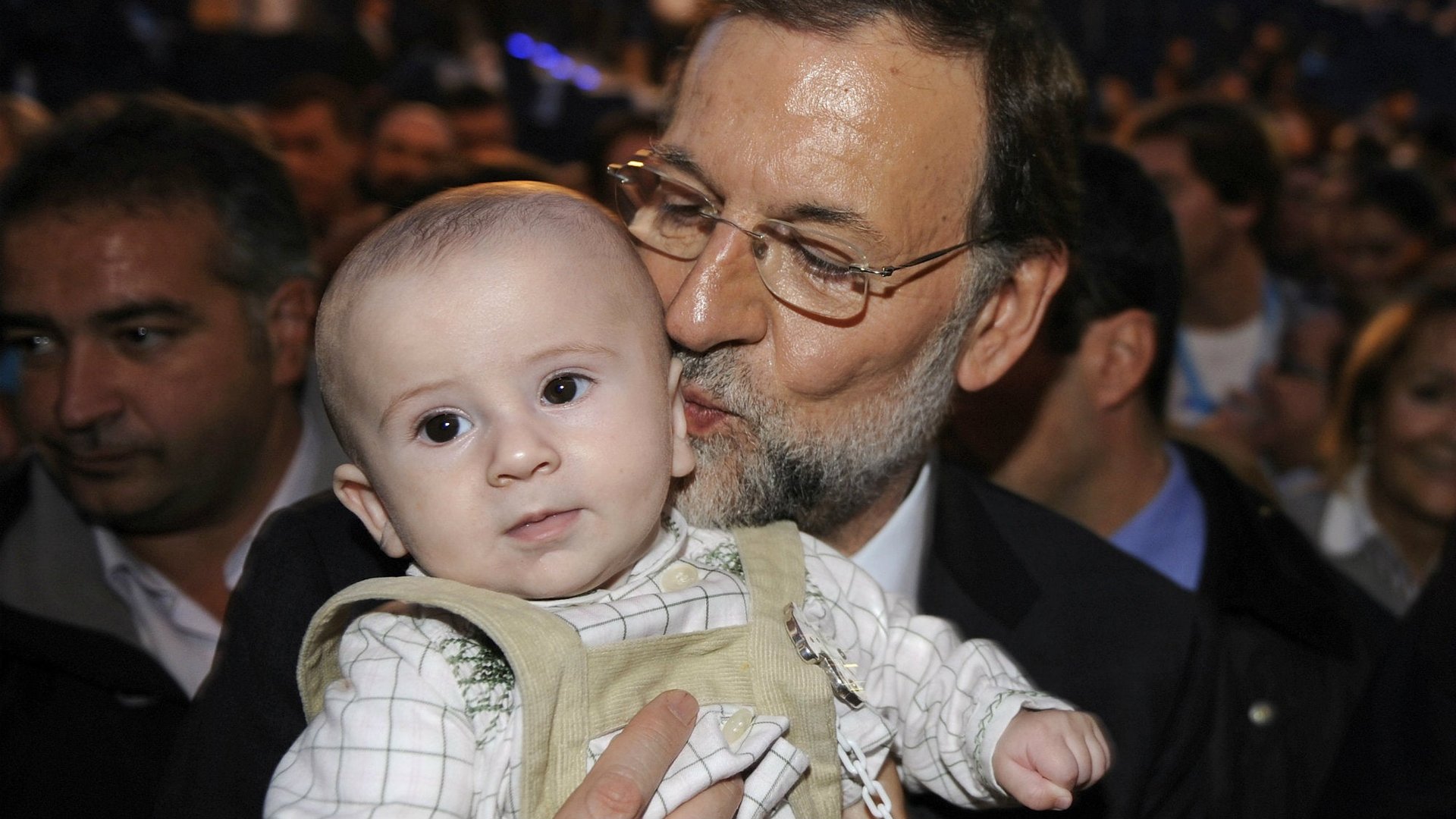Is the crisis over? Spaniards are finally having more babies
You have to squint to see it, but the number of babies born in Spain last year rose for the first time since 2008—that is, since the global financial crisis savaged the Spanish economy. At precisely 426,303 births, Spain saw 588 more babies born within its borders in 2014 than the year before:


You have to squint to see it, but the number of babies born in Spain last year rose for the first time since 2008—that is, since the global financial crisis savaged the Spanish economy. At precisely 426,303 births, Spain saw 588 more babies born within its borders in 2014 than the year before:
Despite the modest gain, this is a welcome sign of confidence in the country. The Spanish economy is still 10% smaller than it was at its pre-crisis peak, and unemployment stubbornly remains above 20%. In addition to repairing the short-term damage wrought by a banking collapse and property bust, Spain, like many other European countries, faces the long-term burden of demographic decline.
Although the average fertility rate of women in Spain recently ticked up, to 1.32 children per mother, it is less than half the rate of the 1970s:
An important factor that could keep Spain’s fertility rate low is that the weak economy makes the country less attractive to immigrants, who tend to have more children than the locals. Last year, 17.8% of births in Spain were to foreign-born mothers, down from 18.6% the year before. Foreign-born women have an average of 1.61 children, versus 1.27 for Spanish locals.
Even before the recent financial crisis, Spain’s fertility rate languished as one of the lowest in Europe. The difference is particularly stark relative to neighboring France, where a concerted effort by policymakers to promote gender equality, access to childcare, and other measures halted a decline in fertility.
As Spain’s recent rise in births shows, a stronger economy helps boost fertility too. After all, nothing kills the mood more than lacking a job and living at home—40% of Spaniards aged 25-34 now live at home with their parents, up from around 30% a decade ago.